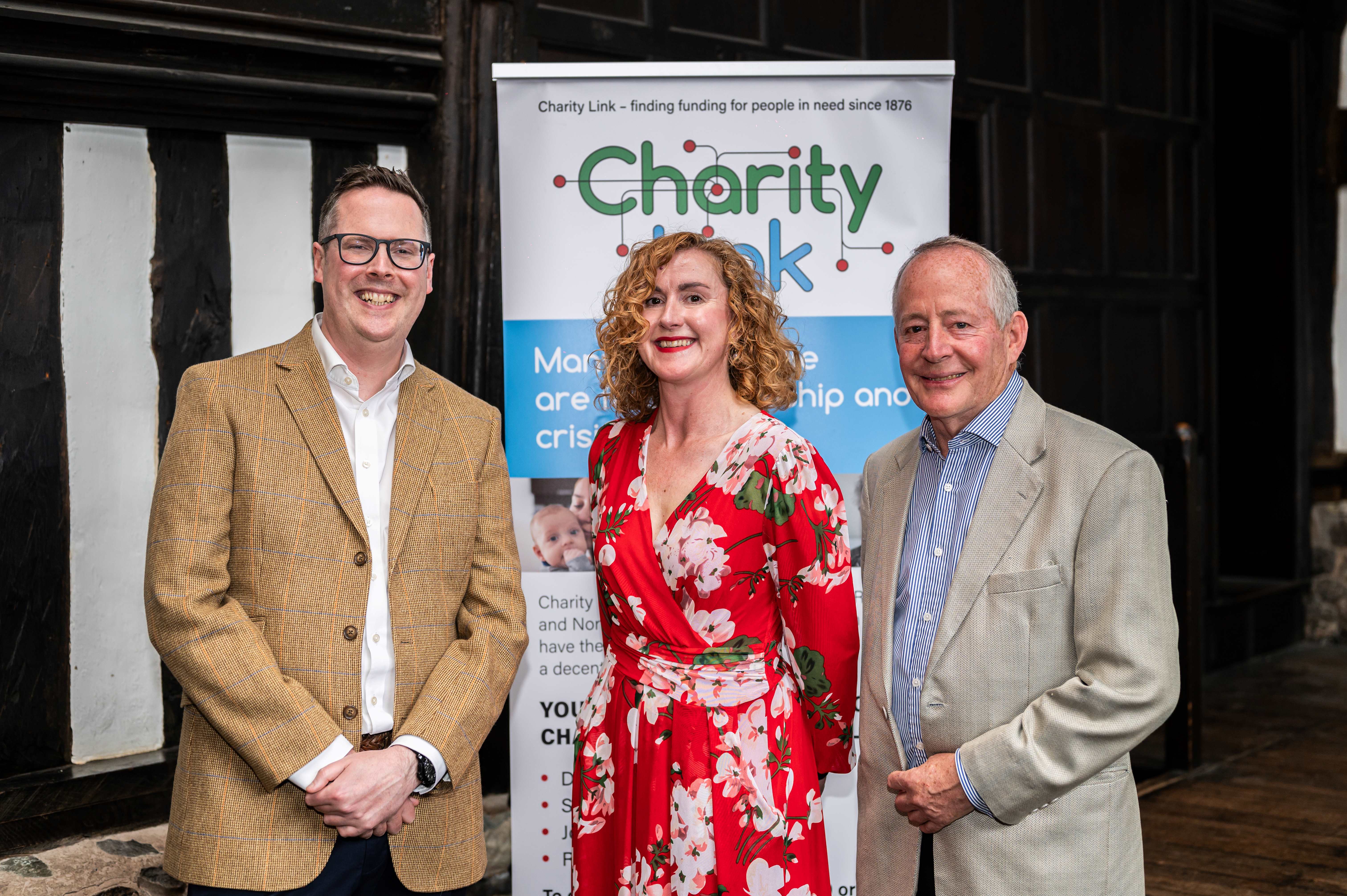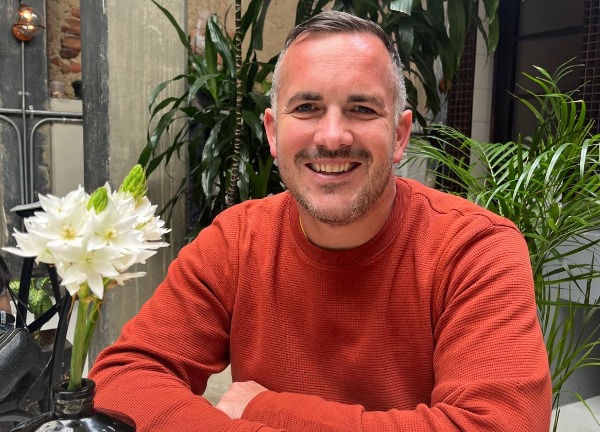Almost half of people do not trust traditional media to accurately report on charities, a survey has found.
This proportion rises to almost two thirds regarding social media content about charities.
The survey found that 48% of people “mistrust what they see, hear or read about charities in traditional media”, according to online fundraising platform Enthuse, which has published the findings in its Summer Donor Pulse report.
“The figure is even starker for social media, with around two thirds (62%) stating they mistrust information about charities that they see there,” added their report.
“Though perhaps this is a less surprising figure with the public having a healthy level of caution around stories they see on social media.”
The public also lacks trust in celebrity endorsement of good causes, with a half stating they do not trust what they say about charities.
“The key for charities is telling their own stories on their own channels,” said Enthuse, which found that almost three in four people have “either moderate or high trust in what they hear directly from charities and their websites”.
ICYMI: Donor Pulse Summer is here! 🙌
— Enthuse (@enthuseco) June 27, 2024
Make sure you grab your copy: https://t.co/hJPDOUAwBP pic.twitter.com/ySy7iIdc6l
An age gap has emerged in trust in traditional and social media stories about charities. Older people are more trusting of mainstream media coverage, while young people are more likely to trust social media charity stories and information.
Those aged 45-54 are the most likely to trust celebrity information about good causes, with 18-24 least likely to have confidence in this information.
“For charities, this means considering adopting different approaches when talking to different audiences - particularly when it comes to using social media to target over 35s,” said Enthuse.
“The focus should be around how to use channels to drive people back to their own sites - whether that is through a social channel, or a celebrity ambassador or patron.”
Donor numbers up
Enthuse’s survey also found that three quarters of the public have donated in the last three months. This is the highest number since 2022 and “a significant increase on the past 12 months”.
An improved financial position for some people over the last two years is a factor, the research suggests. It found that the number of people feeling worse off is dropping and now stands at 44%, the lowest figure since this question was asked by Enthuse at the start of 2022.















Recent Stories